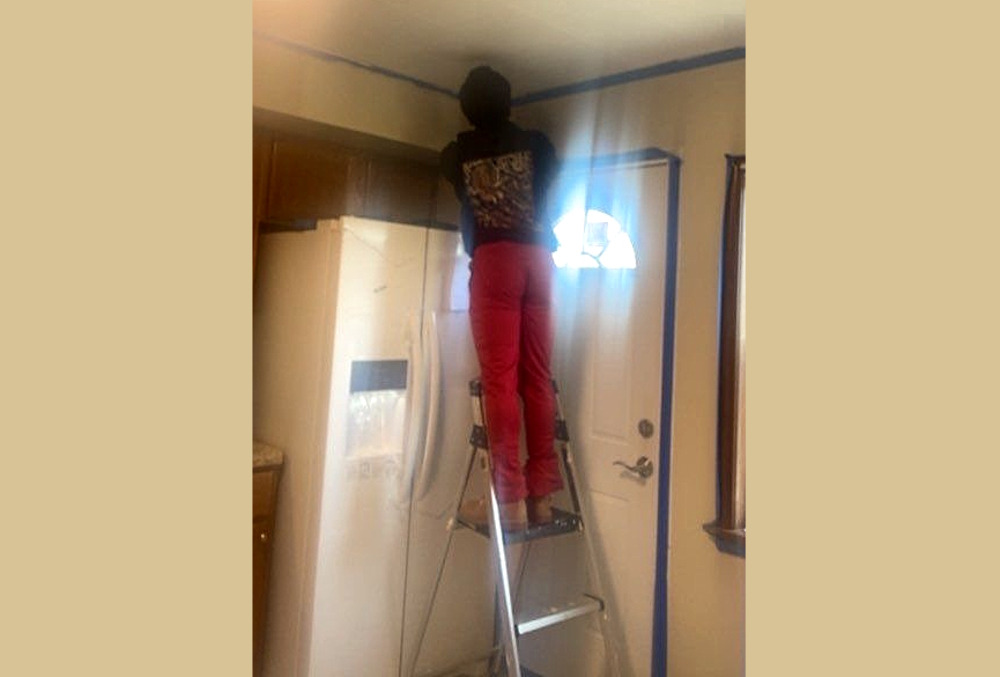A 65% reduction in youth incarceration between 2005 and 2021 and the closing of two youth prisons during that time are among the great strides of Redeploy Illinois, an innovative Cook County program allowing communities to tailor state-funded juvenile treatment services to meet their particular characteristics and needs.
As part of a strategy to keep youth from Chicago and other areas of Cook County out of incarceration, Redeploy staffers have been driving many of those youth, Monday through Friday, to Redeploy hubs. There, they participate in intensive outpatient and extracurricular projects, including:
- Trauma-informed, evidence-based mental and behavioral health therapies.
- Structured, information-packed tours of such places as the DuSable Black History Museum and Education Center and Art Institute of Chicago; and academic and vocational classrooms and workshops at Chicago State University and the City Colleges of Chicago.
- Mentoring by staff members at those hubs, located in partner agencies such as Youth Outreach Services and the National Youth Advocate Program.
The Redeploy hubs were developed by the judges of the Juvenile Justice Division of the Circuit Court of Cook Court; representatives of the State’s Attorney Office, Cook County Public Defender and Cook County Juvenile Probation; community agencies; and, alongside their parents, youth who’ve had cases in juvenile court. Redeploy serves young people whether or not their family has health insurance or other financial means. Rather than being placed on long wait lists when their treatment needs to be prioritized, they receive immediate, coordinated care that makes a difference in their mental health and the trajectory of their involvement in the justice system.

Courtesy of Mark Werner
Mark Werner, director of Juvenile Redeploy Services in Cook County, Ill.
The strength-based philosophy and the wrap-around services of Redeploy’s partner agencies ensure that each young person has a personalized treatment plan. Redeploy wants each youth to feel valued, invested in the process and, ultimately, responsible for his or her success.
[Related: To end the age of incarceration, three communities pioneer a developmental approach.]
Redeploy has aligned its policies with the best practices and guiding principles of youth development and, therefore, found it imperative to take an incentive-based approach that includes a “Redeploy store.” There, youth can spend gift cards that acknowledge their participation and progress. The results of that incentivized programming are cited in an Illinois Criminal Justice Information Authority analysis of 775 youth who participated in Redeploy from 2009 through 2019.
As those and other evidence-based interventions remain a centerpiece of Redeploy, the project will continue to be rigorously evaluated, ensuring that what appears to be working, actually works. Researchers at the University of Chicago’s Chapin Hall, another Redeploy partner, will conduct just such an evaluation over the next three years.
[Related: Q&A: Meet U.S. Office of Juvenile Justice and Delinquency Prevention chief Liz Ryan]
Twenty-five years ago, as a new probation officer, I began my career in Cook County’s juvenile justice system. Back then, an unsubstantiated focus was placed on the mythical “juvenile predator,” prompting numerous automatic-transfer laws resulting in kids being tried and often convicted in adult courts and prisons. Too many of them were no threat at all to public safety. While many of these laws have since been eliminated or modified, the United States still has a long way to go in reducing this needless, over-incarceration of some youth.
If we truly value our youth and prioritize public safety, Redeploy is a major step in the right direction. It’s a model for others to replicate.
***
Mark Werner is director of Juvenile Redeploy Services for the Circuit Court of Cook County in Chicago and a member of the Robert F. Kennedy National Resource Center Transformation of Youth Justice network of practitioners.






























